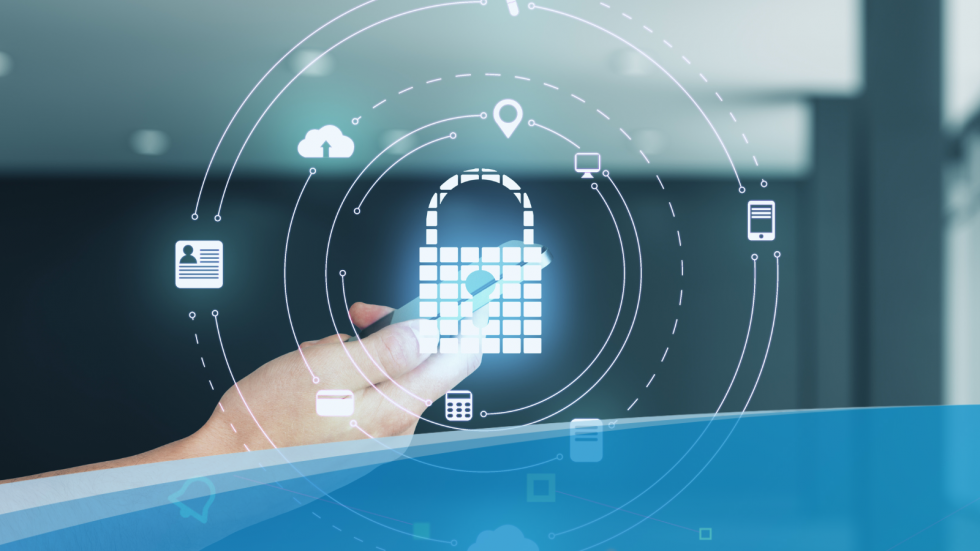How to Create a Secure Password and How to Remember It
Published on 30 May 2023
Our lives are increasingly interconnected online; from banking and bills to shopping and applying for credit. This has made creating a secure password for your accounts more important than ever. Safeguarding personal and sensitive information is crucial, and it all starts with a strong password, but with hackers increasingly becoming more advanced, it’s easier said than done.
In this article, we’re going to look at cyber security in the form of passwords in more detail, helping you to create a strong, secure password suitable for 2023.
How to Create a Secure Password?
Creating a secure password involves following a few key principles to ensure maximum protection. Here are some steps you can take:
- Length is key – The longer your password, the more secure it is. Aim for a minimum of 8-12 characters to make it harder for hackers to guess.
- Mix it up – Use a combination of uppercase and lowercase letters, numbers, and special characters. Avoid using obvious substitutions (e.g., ‘P@ssw0rd’ instead of ‘Password’).
- Avoid personal information – Try not to use easily guessable information like your name, birthdate, or your pet’s name. Hackers can easily find this information through social media or other sources and crack your password.
- Unique for each account – Try to avoid reusing passwords across different accounts. If one account is compromised, it could lead to a domino effect, compromising your other accounts as well.
- Consider using a password manager – Password managers are convenient tools that securely store and generate unique passwords for each of your accounts. They can also help you remember your passwords without having to write them down.
If you’re struggling to come up with a strong password, think about using an online password generator. These types of tools generate random, complex passwords based on your specified criteria, such as length and character types.
How to Remember a Secure Password?
While it’s important to create strong passwords, it’s equally as important to remember them without compromising their security, such as by writing them down. Some useful techniques for remembering passwords include:
- Mnemonics: Create a memorable phrase or sentence that can serve as a reminder for your password. For example, “ILove2GoHikingInTheMountains!” can be derived from “I Love to Go Hiking in the Mountains!”
- Password hints: Instead of directly writing down your password, create hints that only make sense to you. Avoid using obvious clues that others can easily decipher.
- Pattern-based memorisation: Develop a pattern to remember passwords consistently. For example, you can use the first letter of each word in a sentence combined with numbers and symbols.
- Two-factor authentication (2FA): Enable 2FA whenever possible. This adds an extra layer of cyber security by requiring a secondary code or verification method in addition to your password.
Why is Cyber Security so Important?
The importance of cyber security can’t be overstated in the modern world where everything is increasingly online, with some of the main purposes including:
- Protecting personal information: Cyber threats can compromise sensitive information like financial data, national insurance numbers, and personal identities. Maintaining strong passwords and practising good cybersecurity habits helps safeguard this information.
- Preventing identity theft: Cyber criminals can use stolen credentials to impersonate individuals and commit fraud. Robust cybersecurity measures help to mitigate the risk of identity theft.
- Safeguarding financial information: With online banking and digital transactions becoming the norm, protecting your financial data from unauthorised access is crucial. Strong passwords act as a direct line of defence against cyber threats.
- Maintaining online reputation: Cyber attacks can lead to the compromise of social media accounts, email addresses and other online platforms. Protecting these accounts helps maintain your online reputation and prevent potential damage.
- Protecting businesses and organisations: Cyber security is equally important for businesses and organisations as it is for personal accounts. Data breaches can lead to severe financial losses, reputational damage and legal implications. By implementing robust security measures, businesses can protect themselves and their customers.
In conclusion, creating a secure password is a fundamental step towards safeguarding your digital life. By following the steps outlined above and implementing strong password practices, you can significantly enhance your cybersecurity posture. Remember, protecting your personal information is not only essential for your own safety but also for the overall security of the online community. Stay vigilant, stay secure!
Learn More About Cyber Security with Bluebell IT Solutions
Creating a secure password is a fundamental step towards safeguarding your digital life. By following the steps above and implementing strong password practices, you can significantly enhance your cyber security. If you would like more support with cyber security, speak to us today.
